lifepo4 battery pack diy kit
DIY Lithium-Iron-Phosphate (LiFePO4) Battery Pack: A Sustainable Choice for Home Energy Storage
Introduction
The global shift towards renewable energy has made home energy storage systems a critical component of modern households. As solar panels and wind turbines become more accessible, the need for efficient and reliable energy storage solutions has never been greater. One of the most promising technologies in this space is the lithium-ion battery, particularly the lithium-iron-phosphate (LiFePO4) variant.
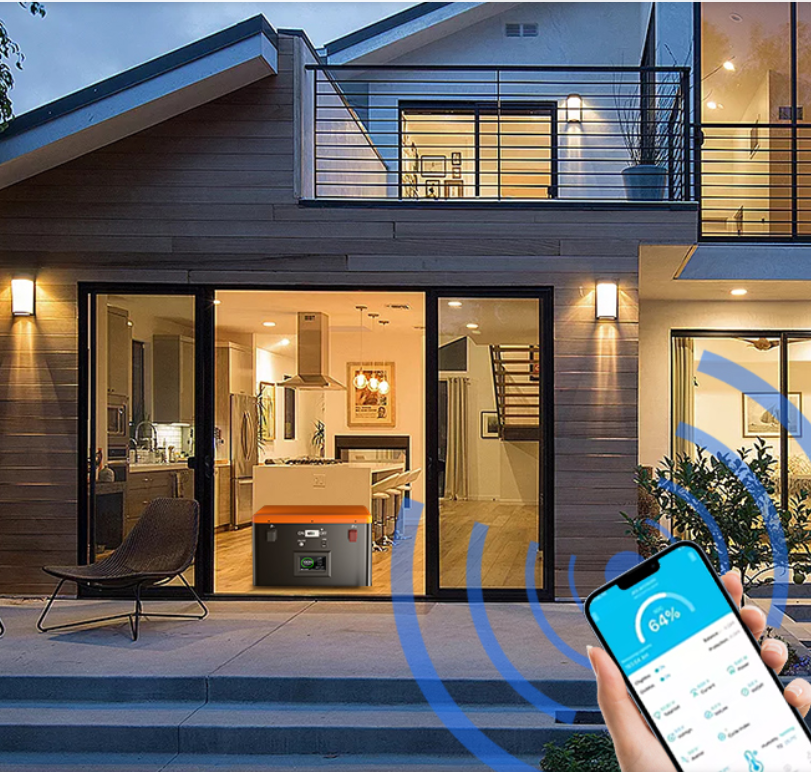
This blog explores the benefits of a DIY lithium-iron-phosphate battery pack kit, focusing on its suitability for home energy storage systems. We’ll discuss how this technology aligns with the growing demand for sustainable energy solutions, its advantages over traditional lead-acid batteries, and how it integrates with solar energy systems.
The Rise of Home Energy Storage
The adoption of renewable energy systems has surged in recent years, driven by both environmental concerns and economic benefits. According to the International Energy Agency (IEA), solar energy capacity is expected to grow by over 30% globally by 2030. However, the intermittency of renewable sources like solar and wind necessitates robust energy storage systems to ensure a continuous power supply.
Home energy storage systems, equipped with advanced battery technologies, are increasingly being viewed as essential components of residential solar installations. These systems not only store excess energy generated during the day but also provide backup power during outages, reducing reliance on the grid and lowering electricity bills.
Why Choose a DIY LiFePO4 Battery Pack?
LiFePO4 batteries are quickly gaining popularity as a preferred choice for energy storage due to their unique combination of safety, longevity, and efficiency. Here are some key advantages of using a DIY LiFePO4 battery pack:
1. Superior Safety
LiFePO4 batteries are inherently safer than traditional lithium-ion batteries due to their chemical composition. They are less prone to thermal runaway, a condition that can lead to overheating and potential fire hazards. This makes them an excellent option for home use, where safety is a top priority.
2. Longer Lifespan
With a lifespan of 5,000 to 10,000 cycles, LiFePO4 batteries outperform lead-acid batteries, which typically last for 300 to 500 cycles. This extended lifespan reduces the need for frequent replacements and lowers the overall cost of ownership.
3. High Energy Density
LiFePO4 batteries offer a high energy-to-weight ratio, making them space-efficient. This is particularly beneficial for homeowners with limited space for battery storage.
4. Environmental Benefits
LiFePO4 batteries are more environmentally friendly than lead-acid batteries, as they contain fewer heavy metals and are easier to recycle. This aligns with the growing demand for sustainable and green energy solutions.
5. Cost-Effective
While the initial cost of LiFePO4 batteries may be higher than lead-acid batteries, their longer lifespan and higher efficiency make them a more economical choice over the long term.
Building Your DIY LiFePO4 Battery Pack
Constructing a DIY lithium-iron-phosphate battery pack can be a rewarding project for those interested in gaining hands-on experience with energy storage technology. Here’s a brief guide to getting started:
Step 1: Gather Your Materials
LiFePO4 Cells: Choose high-quality cells from reputable suppliers. Bottleneck Fuses: Essential for safety, these prevent overcurrent situations. Battery Management System (BMS): A BMS ensures that all cells are balanced and protects the battery from overcharging or deep discharging. Enclosure: A sturdy enclosure to house your battery pack.Step 2: Design Your Battery Pack
The design of your battery pack depends on your energy requirements. For a home energy storage system, you’ll need to calculate your daily energy consumption and determine the appropriate battery capacity.
Step 3: Assemble the Cells
Carefully connect the cells in parallel or series configuration, depending on your voltage and capacity requirements. Ensure proper spacing and insulation to prevent short circuits.
Step 4: Integrate Safety Features
Install bottleneck fuses and a BMS to ensure safe operation. Test these systems to confirm they are functioning correctly.
Step 5: Test and Commission
Once assembled, test your battery pack to ensure it meets voltage and capacity specifications. Commission the system with your solar panels or other energy sources to verify performance.
The Role of BasenPower in Home Energy Storage
BasenPower is a leader in providing high-quality lithium-ion battery solutions for renewable energy applications. Our DIY LiFePO4 battery pack kits are designed to empower homeowners to build their own energy storage systems with confidence.
By choosing BasenPower, you’re not only investing in a reliable energy solution but also supporting a company that shares your commitment to sustainability and innovation.
The transition to renewable energy is not just a trend; it’s a necessity. With the increasing adoption of solar panels and wind turbines, home energy storage systems have become a cornerstone of sustainable living. A DIY LiFePO4 battery pack offers a safe, efficient, and cost-effective solution for storing energy, making it an ideal choice for homeowners looking to reduce their carbon footprint and achieve energy independence.
BasenPower is here to provide you with the tools and expertise needed to build a robust energy storage system. Explore our range of DIY battery kits and take the first step towards a greener future.
data reference: According to the International Renewable Energy Agency (IRENA), solar energy costs have dropped by over 80% since 2010, making it more accessible than ever.
case study: BasenPower has successfully installed a 10kWh LiFePO4 battery system for a household in California, reducing their electricity bills by 75% and providing 100% backup power during grid outages.
technical detail: LiFePO4 batteries operate efficiently at temperatures ranging from -20°C to 65°C, making them suitable for a wide range of climatic conditions.
By integrating advanced lithium-ion battery solutions, BasenPower helps homeowners achieve their energy independence goals while contributing to a sustainable future.

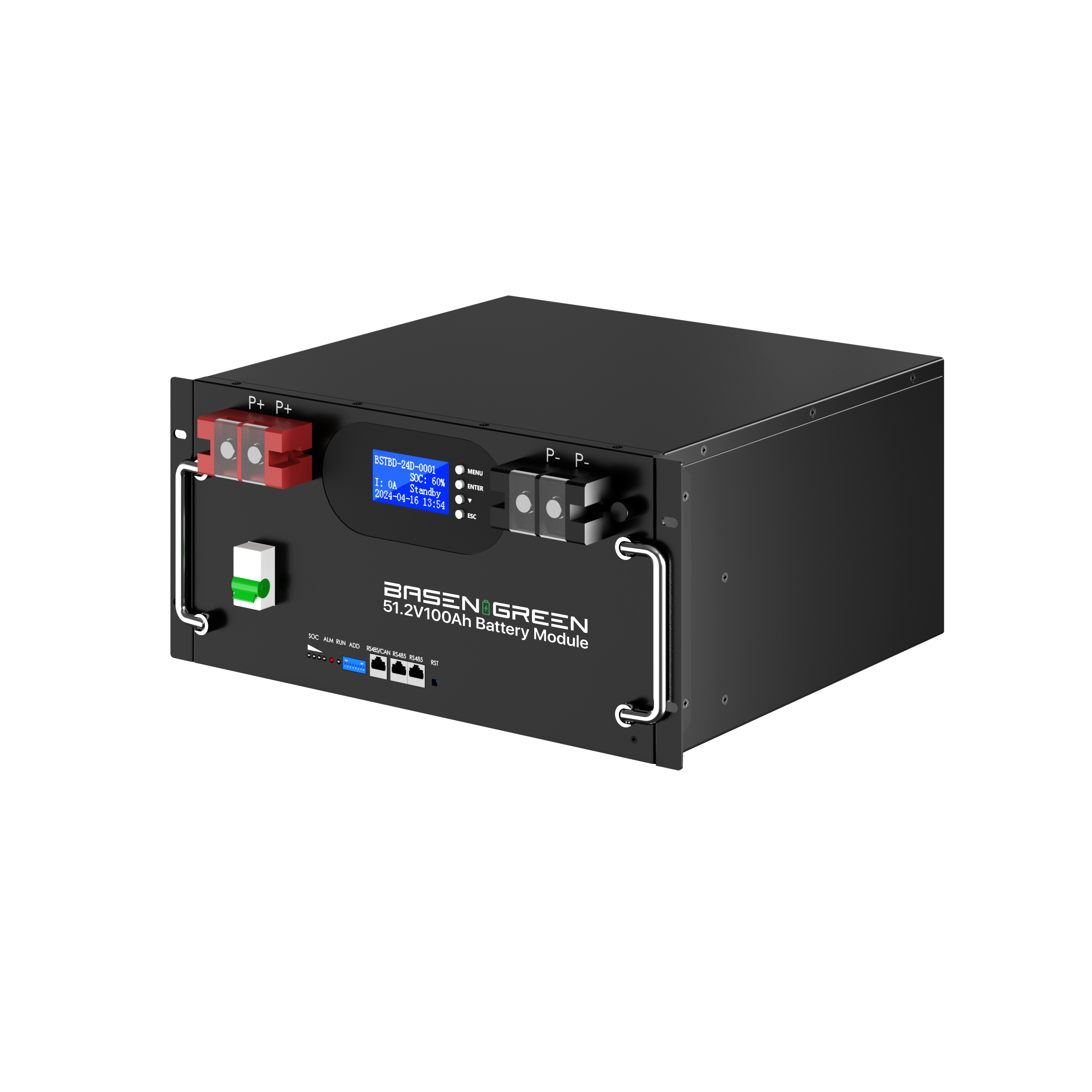
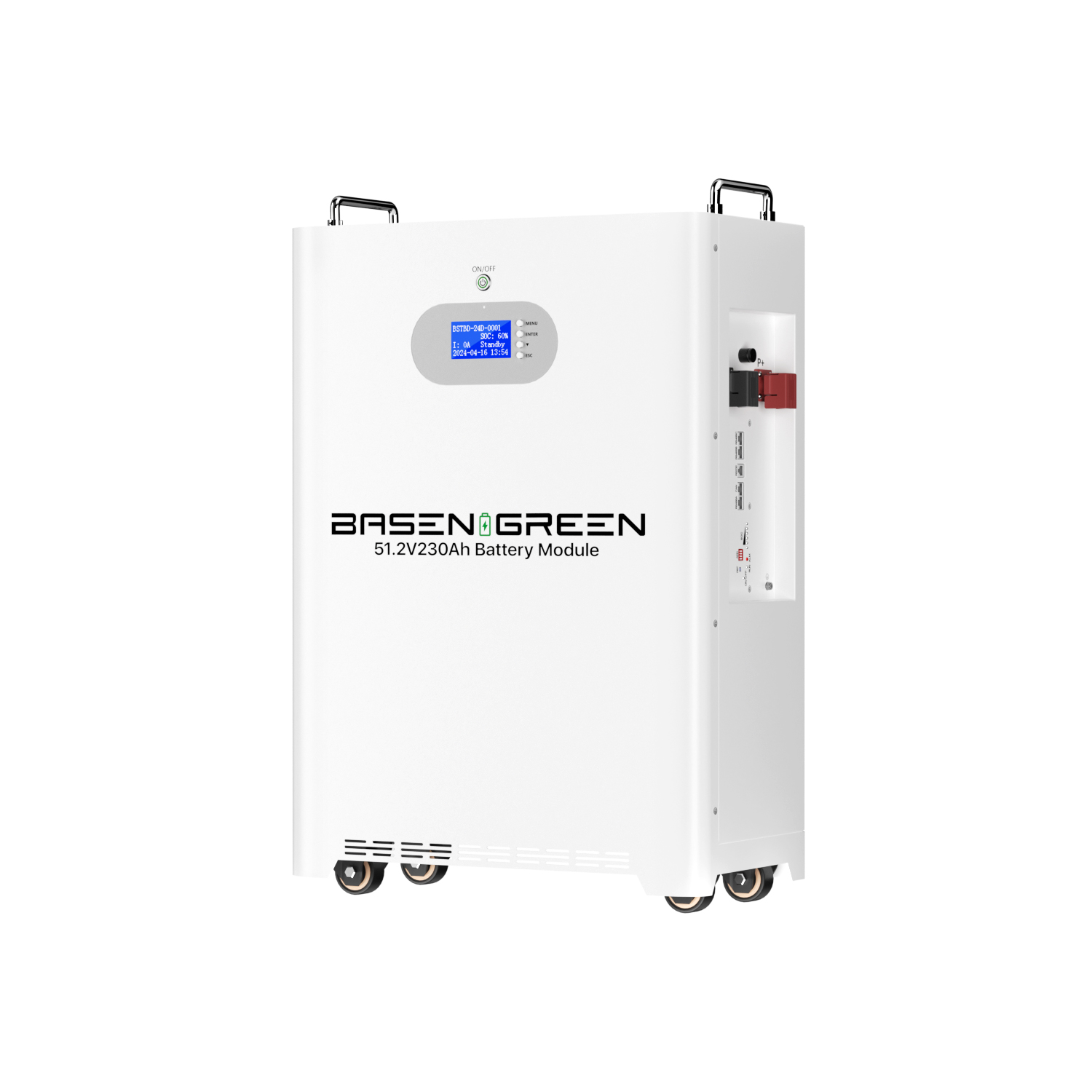
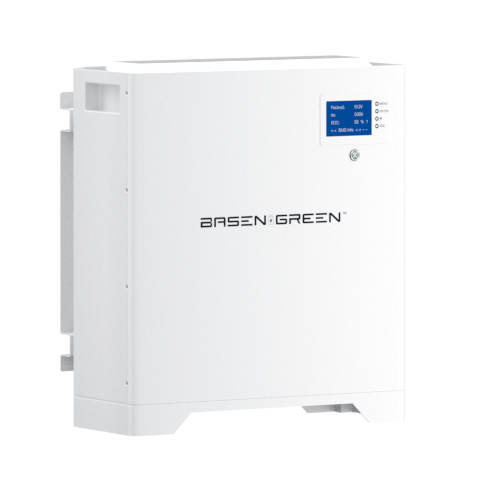
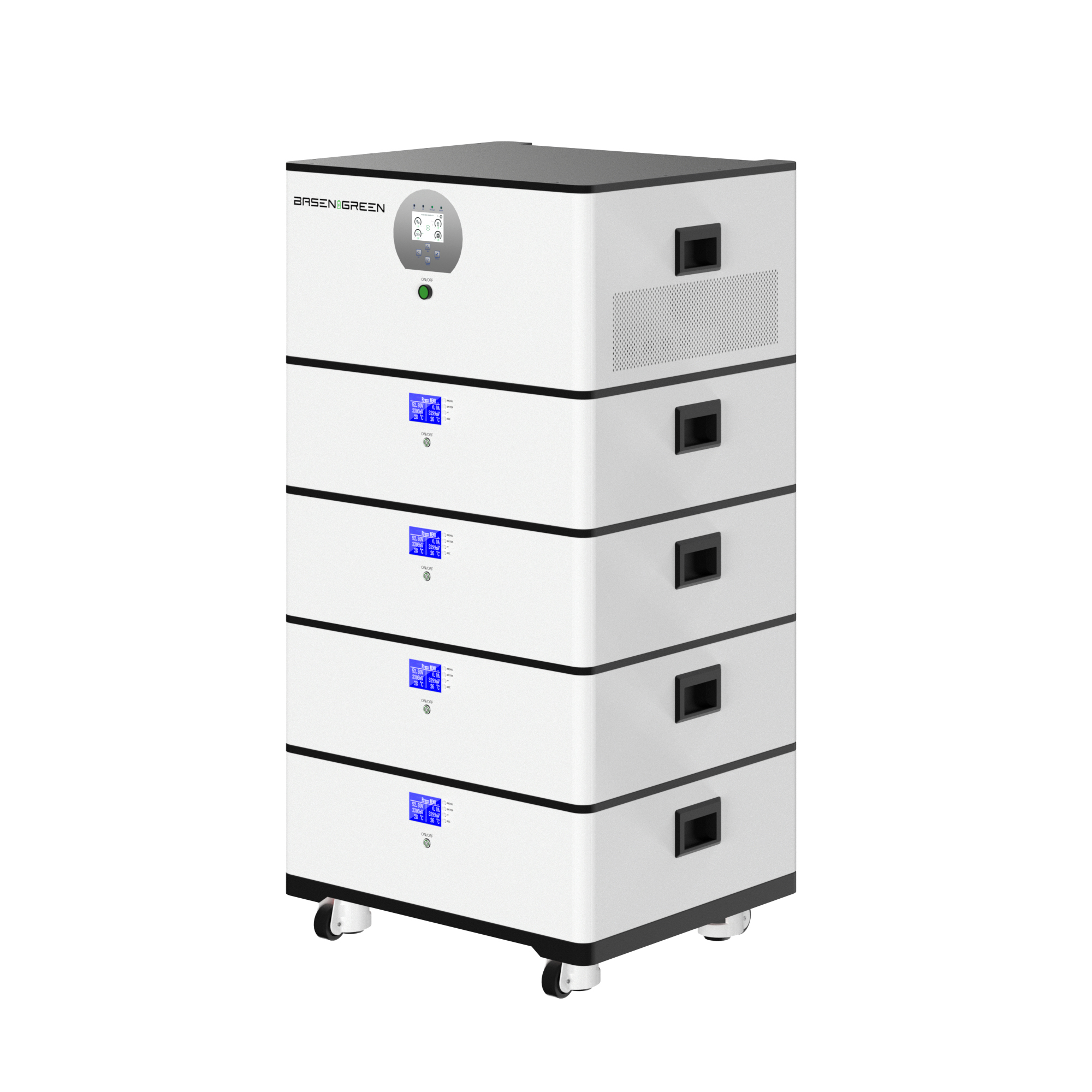

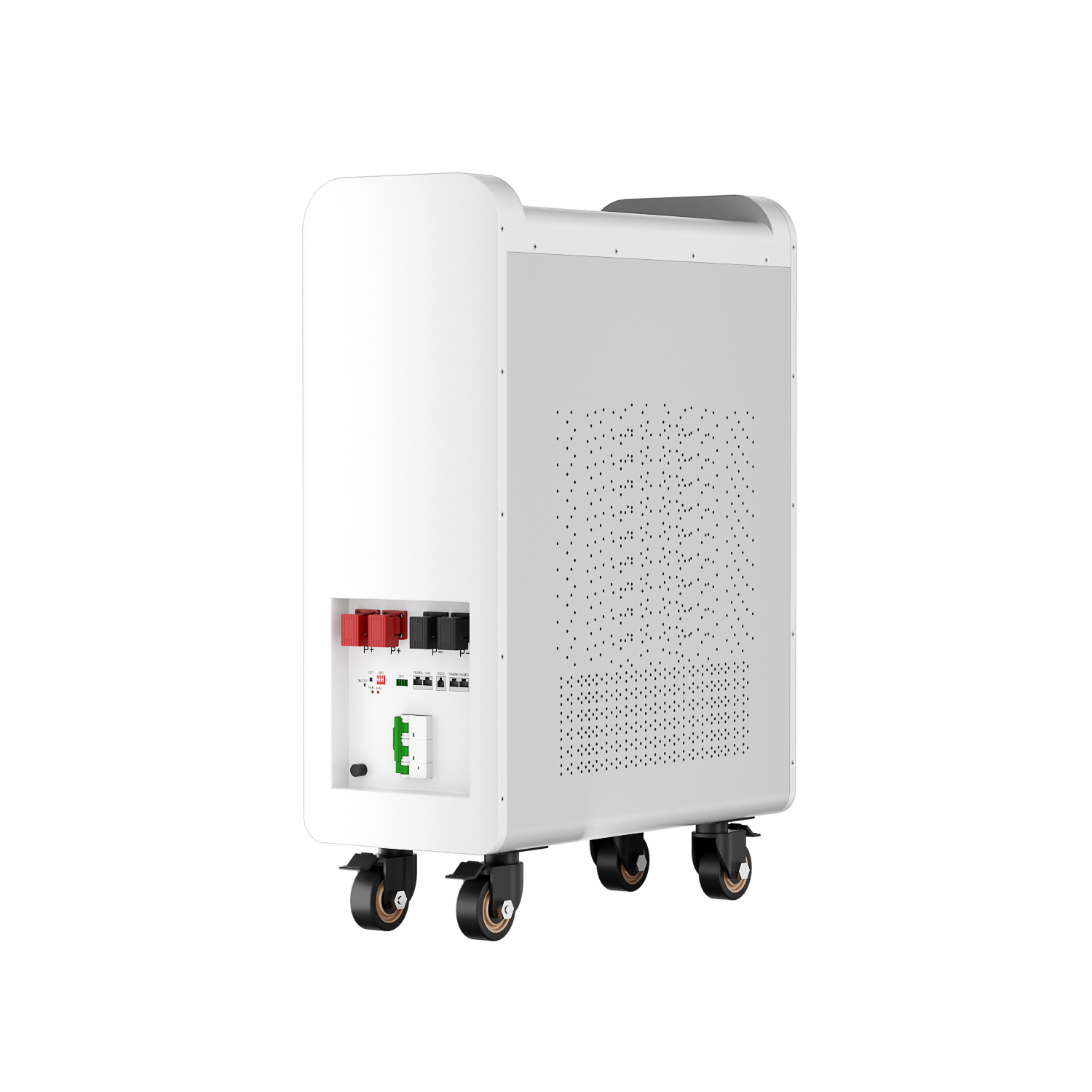
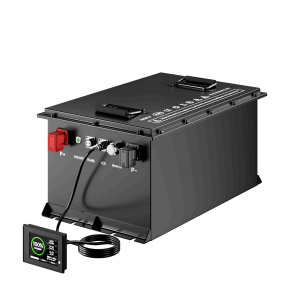
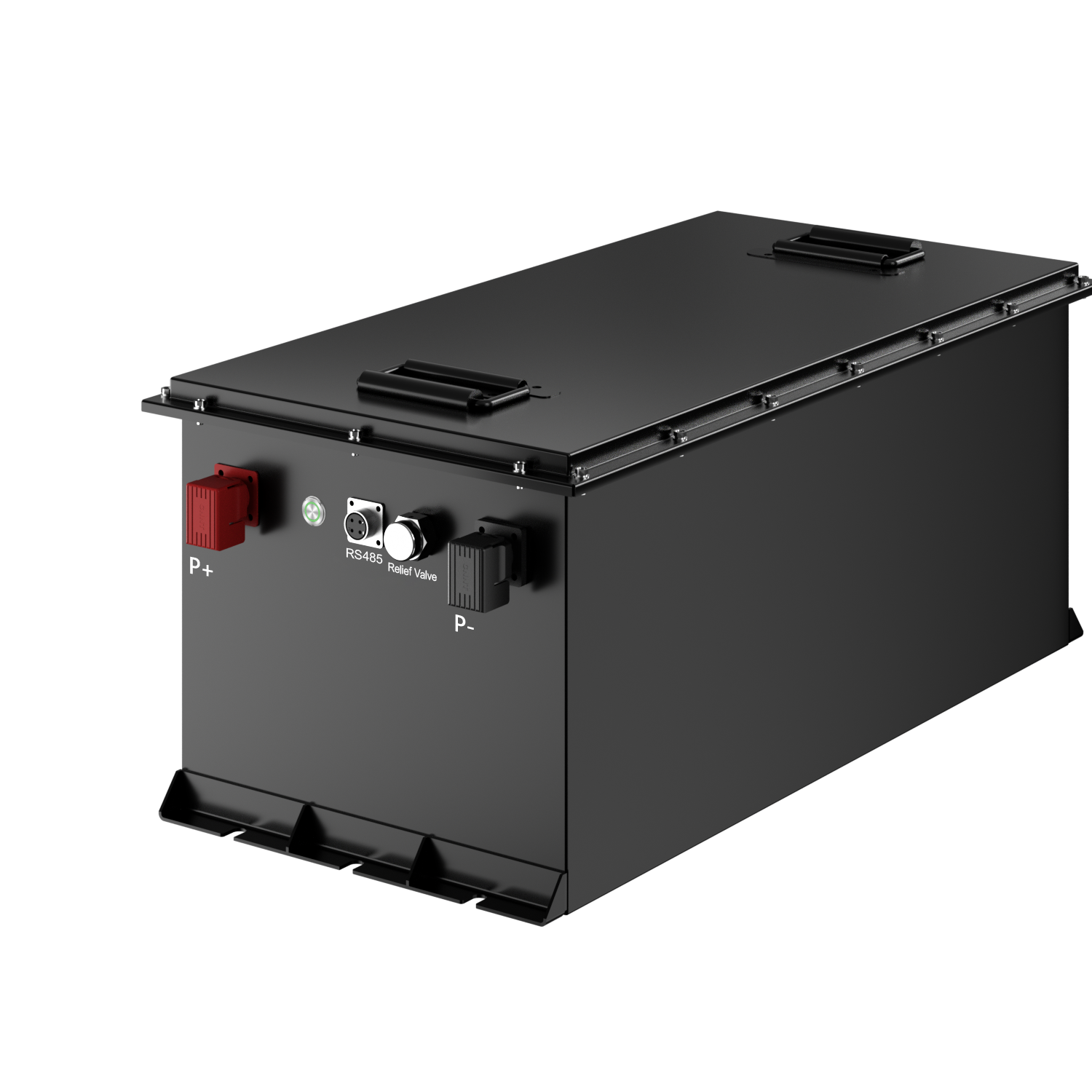
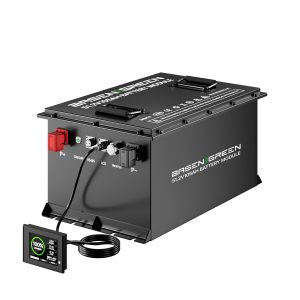
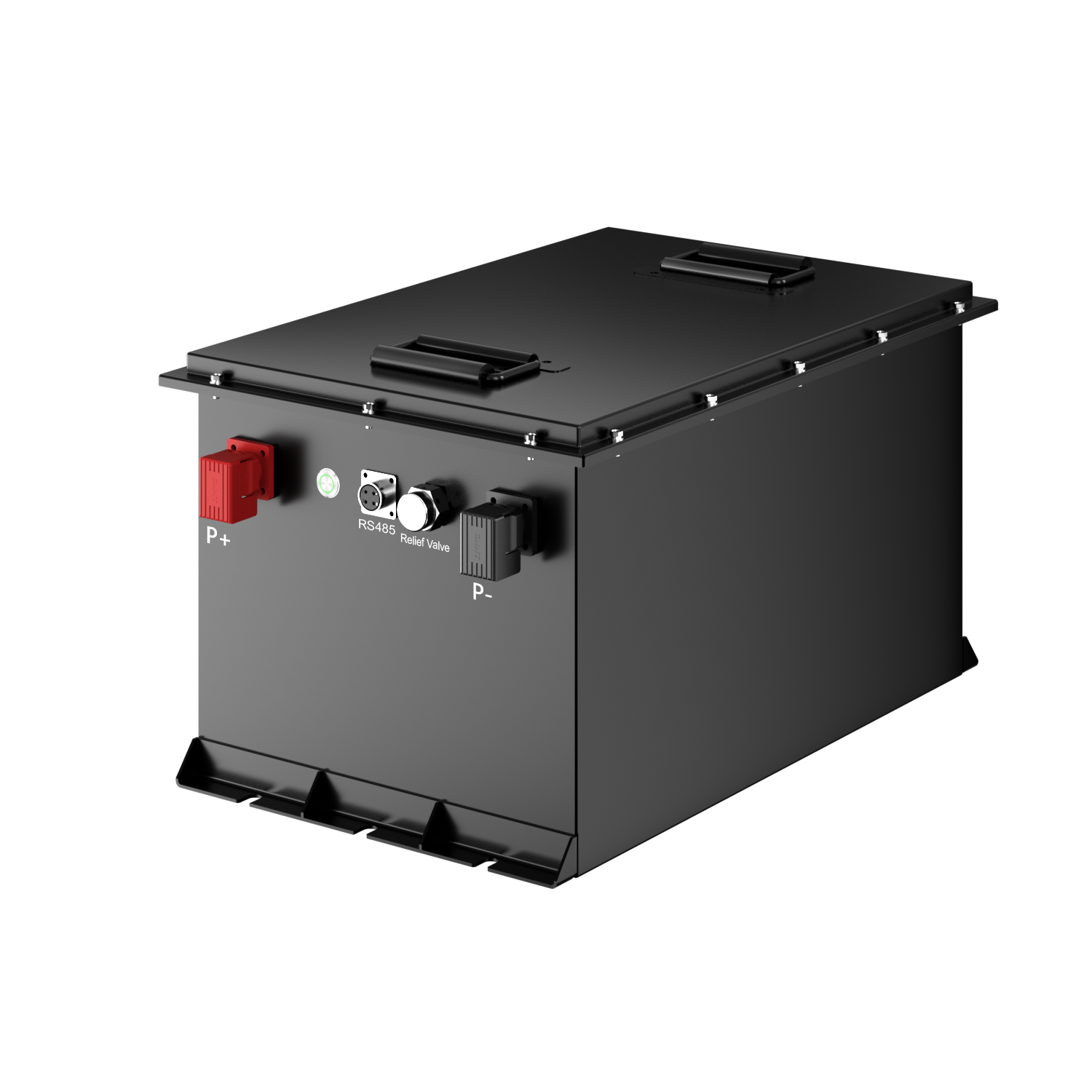
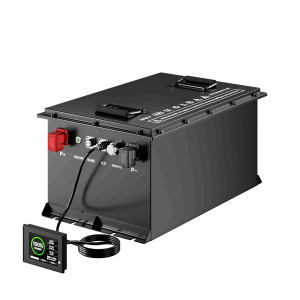
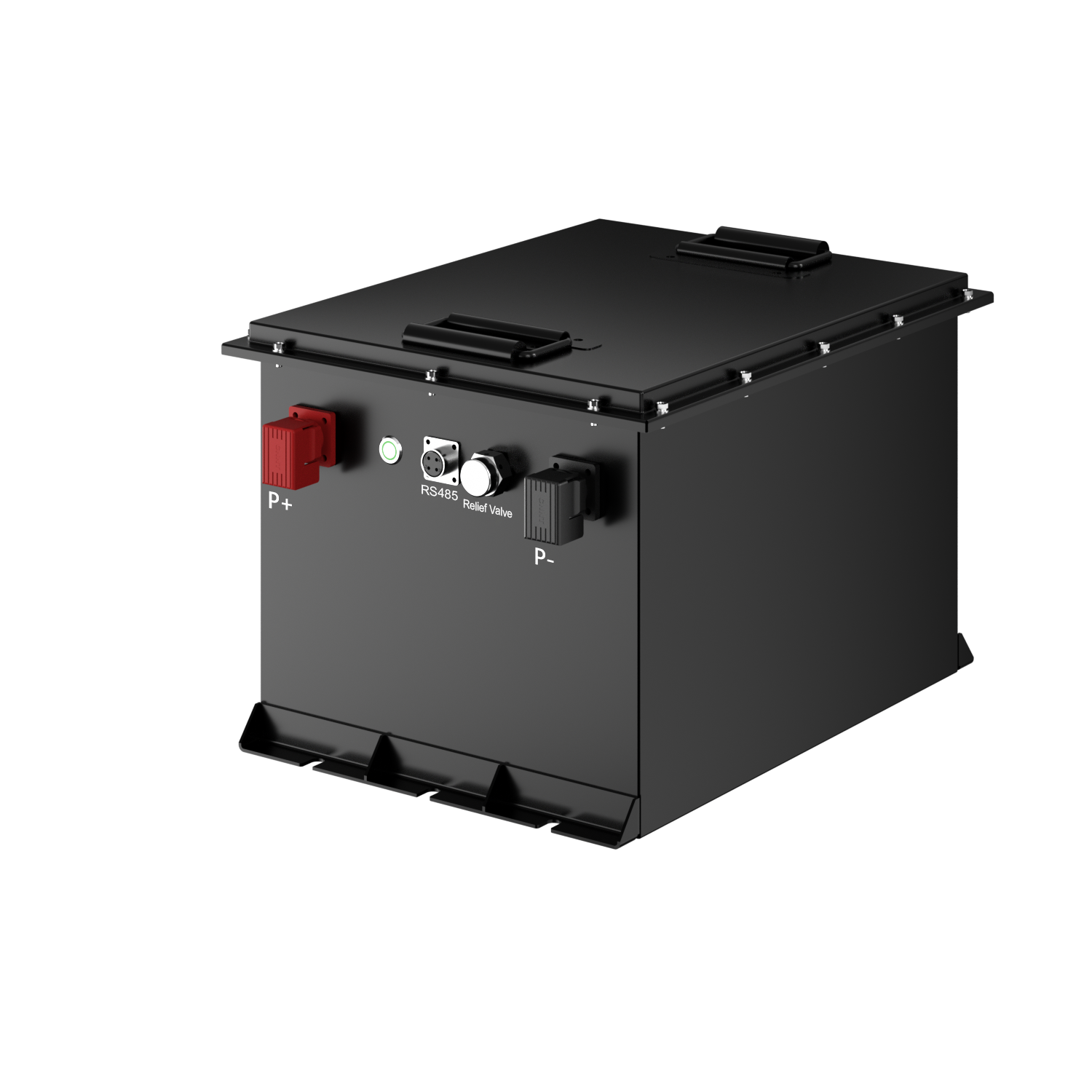
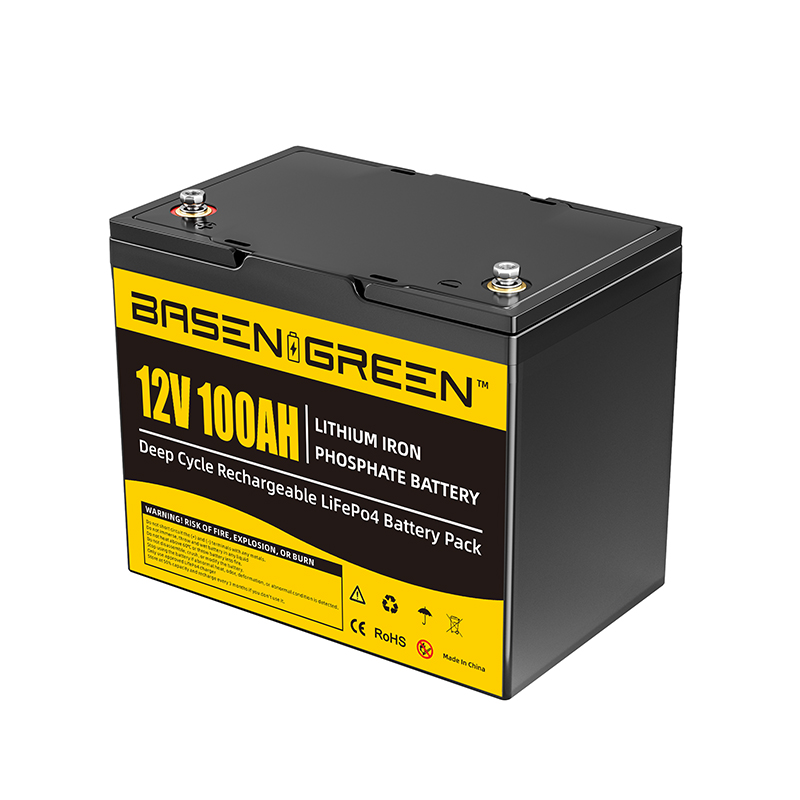
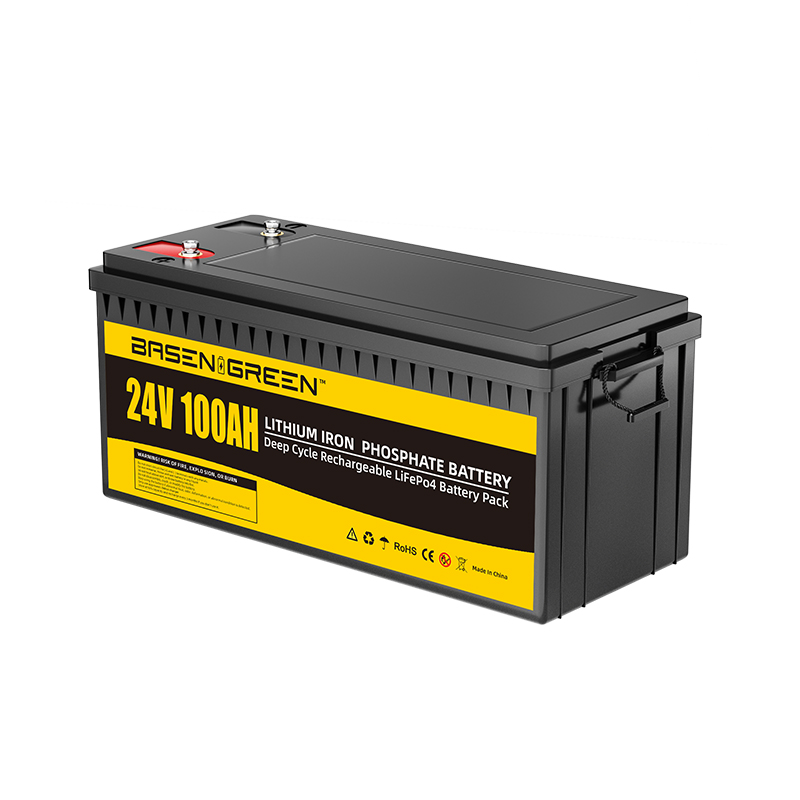
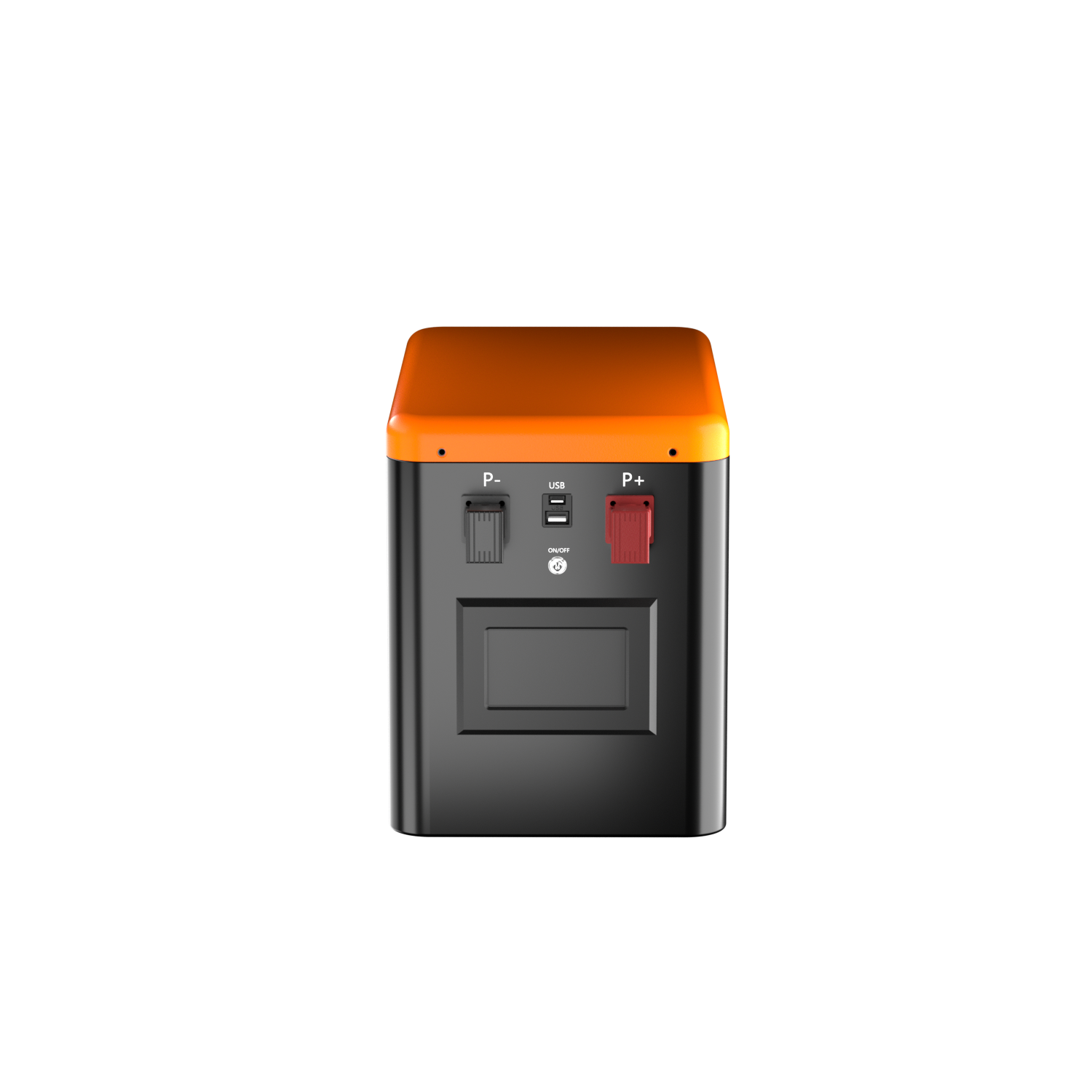
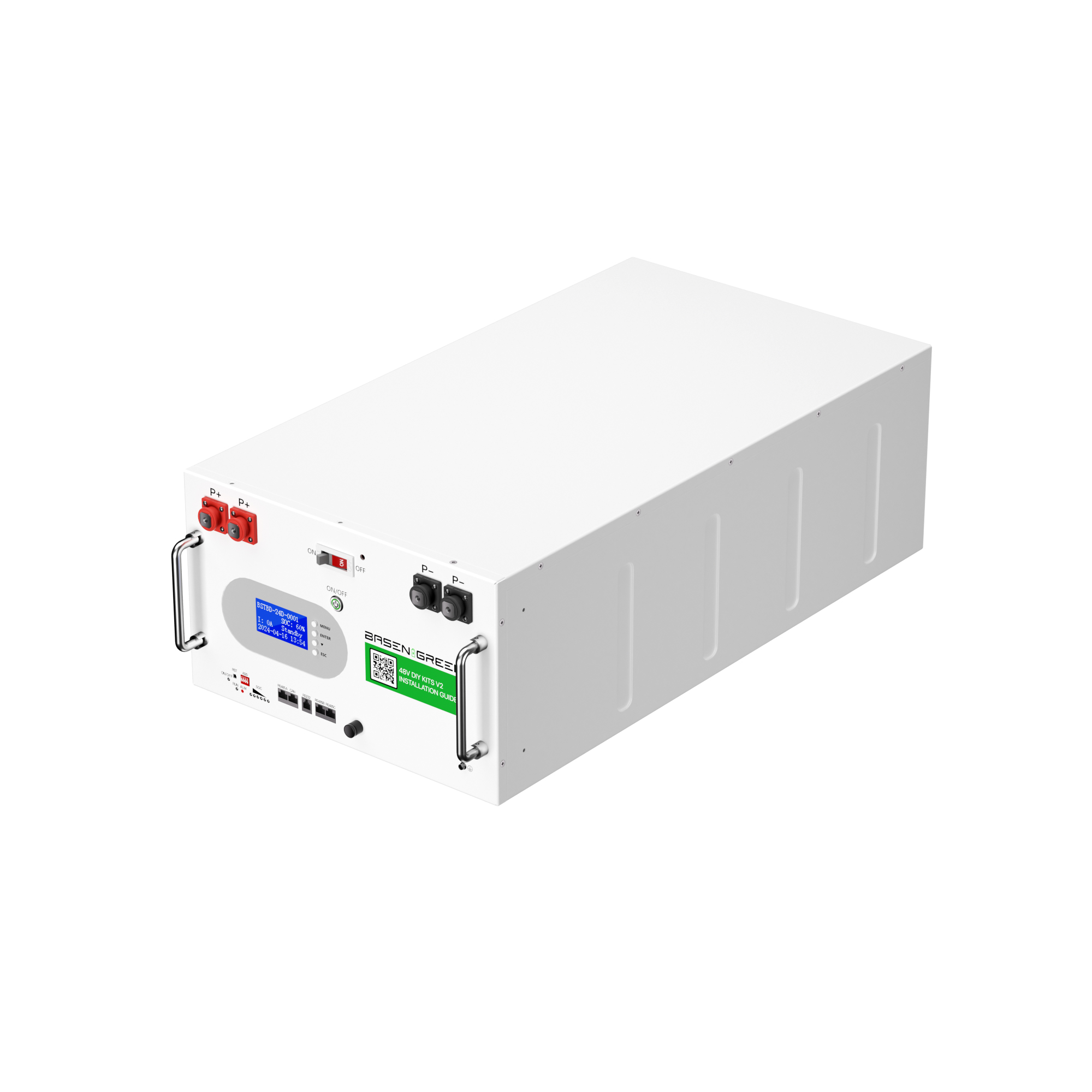
.png)